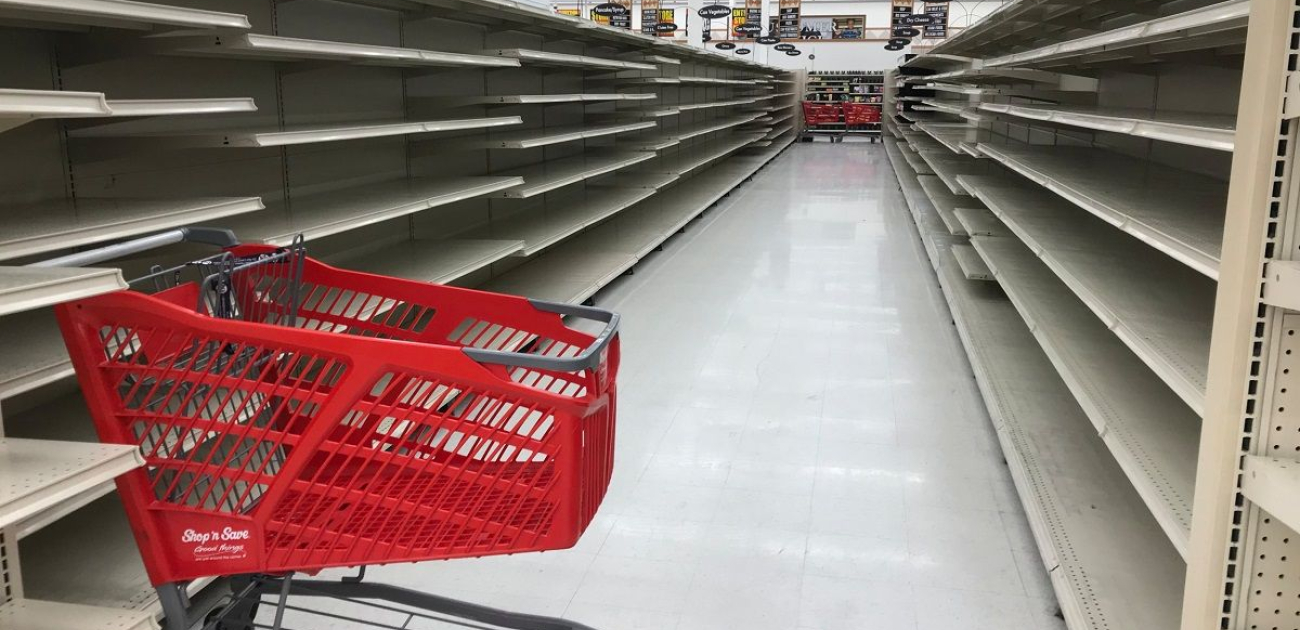Bankrupt Retailers Seek Extraordinary Relief in Time of COVID
The COVID-19 pandemic has forced big-name brands to pursue unique strategies to secure fiscal relief. Even prior to the pandemic’s outbreak, certain retailers experienced financial difficulties and filed for Chapter 11 bankruptcy. The pandemic only exacerbated retailers’ difficulties by effectively shuttering stores nationwide, thus halting certain retailers’ “going out of business” sales. The suspension of such sales has led to the rise of requests of the bankruptcy court for extraordinary relief—namely, the authorization to suspend rent payments.
To be clear, while such requests are far from the norm, they are not entirely unsupported by bankruptcy law. At the request of bankrupt retailers, courts are invoking little-known and seldom-utilized provisions of the Bankruptcy Code to grant these debtor-retailers relief, namely sections 305 and 365(d)(3). Section 305 of the Bankruptcy Code allows the court to dismiss a case or suspend all proceedings in certain situations – if the interests of creditors and the debtor would be better served by such an action. Section 365(d)(3) of the Bankruptcy Code allows a court to extend, for cause, the time for performance of any obligations under unexpired leases that arise within 60 days following the date of the order for relief (which usually means the date on which the case is filed); however, the time for performance is normally not allowed beyond such a 60-day period.
In evaluating a request under section 305, the court considers a wide range of factors, such as the economy and efficiency of having the bankruptcy court handle the matter and the possible prejudice to the various parties, but the weight given to each factor depends on the facts of the individual case. One of the first retailers to ask the court for a suspension of proceedings pursuant to section 305 was the long-time sporting goods store, Modell’s. Modell’s requested that the bankruptcy court defer its rent obligations for 60 days following its bankruptcy filing. In effect, the retailer requested the bankruptcy court press ‘pause’ on its bankruptcy proceeding while the government-mandated store closures were in effect. After deliberation and a two-hour hearing, the bankruptcy judge decided to allow Modell’s to suspend its bankruptcy case—including rent payments—for 30 days, reasoning that without the ability to conduct its “going-out-of-business” sales, Modell’s ability to conduct productive liquidation sales was significantly impaired.
Later, the Modell’s bankruptcy court granted a second 30-day suspension of the case, citing the continued consequences of the COVID-19 pandemic as warranting such relief. In fact, the judge granted this second extension over the objections of 44 landlords, which cumulatively held the leases for around half of the retailer’s 134 stores. The bankruptcy judge however, did acknowledge the plight of these landlords in these novel times by verbally cautioning Modell’s to consider allocating funds from its sales to the landlords for rent payable during the suspension period when the stores finally reopened.
The bankruptcy judge’s decision to suspend Modell’s bankruptcy proceeding and its rent obligations resulted in a domino effect of retailers thinking “outside-the-box” and requesting relief through unorthodox requests. Without requesting that their bankruptcy cases actually be suspended, other retailers have achieved relief from lease obligations through section 365(d)(3). Following Modell’s success, retailers Pier 1 and Chino’s (J. Crew and Madewell) both requested the deferral of the payment of rent for 60 days after having filed for bankruptcy. Both courts granted this requested relief by relying upon the precedent set by Modell’s case. The granting of such relief, especially in the case of Chino’s, should underscore the economic significance of these bankruptcy court’s decisions, as the clothing retailer’s achieved rent relief amounts to 23 million monthly.
Pier 1 successfully pursued additional relief, as the bankruptcy judge overseeing its case both suspended rent payments, pursuant to section 365(d)(3), and ordered a 45-day adjournment for all motions for relief from the automatic stay, further keeping creditors at bay. Of note is the fact that the 60-day rent deferral in the Pier 1 case was approved and extended outside of the initial 60 days of the case, which timing is not supported by the Bankruptcy Code. The bankruptcy judges in both the Chino’s and Pier 1 cases cited the same reason in granting such relief— that the pandemic and its direct economic impact on businesses justifies debtors receiving relief to which they normally would not be entitled.
It bears noting, however, that the latitude extended by the bankruptcy courts during this pandemic has its limits, as demonstrated in the case of the Regus Corporation. In Regus, multiple subsidiaries of the corporation, a common workspace provider, filed for bankruptcy protection. These subsidiaries, which are single-purpose entities, all hold commercial leases for worksharing locations. Another subsidiary of Regus owns all furniture, fixtures, and equipment found in these workspaces. The bankrupt subsidiaries filed an emergency motion and requested the bankruptcy court to extend bankruptcy protections (namely, the automatic stay) to these furniture, fixtures, and equipment—property of the non-bankrupt subsidiary—to the extent that landlords to leases with non-debtor tenant entities would have been required to provide prior notice of any lease termination to the Regus bankruptcy estate. The bankruptcy judge summarily denied this request on an interim basis, citing the fact that landlords had little time to object to the proposed relief, and that there was no showing the debtor companies were entitled to such relief. Regus later withdrew its motion.
Despite the apparent limitations imposed by the Regus court, COVID-19 and the government-mandated store closures have highlighted a new trend of bankruptcy courts to consider unorthodox strategies and grant extraordinary and unprecedented relief. It will be important to monitor this new trend to try to better predict the direction of future retail bankruptcy cases in these extraordinary times.
It remains to be seen if the pendulum will swing back to normalcy as more and more retail stores re-open during this pandemic.
Do you want more information?
 Vanessa Moody
Vanessa MoodyCommercial leasing, corporate bankruptcies and restructuring matters are the focus of Vanessa Moody's diverse practice. Vanessa represents clients in connection with retail and restaurant leasing matters, and drafts and negotiates complex commercial leases, including ground leases and ancillary documents such as reciprocal easement agreements and condominium documents.

